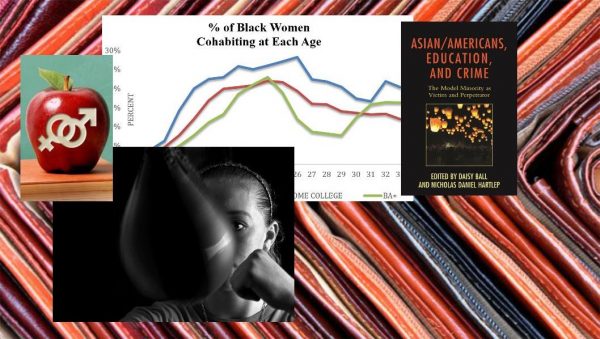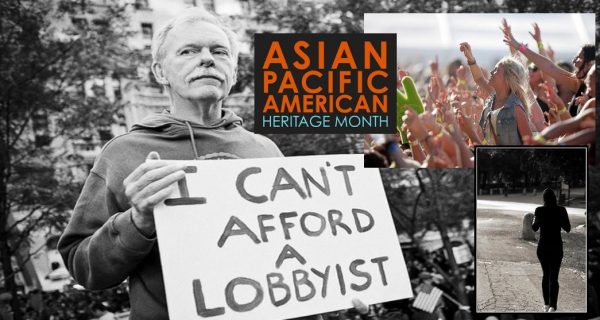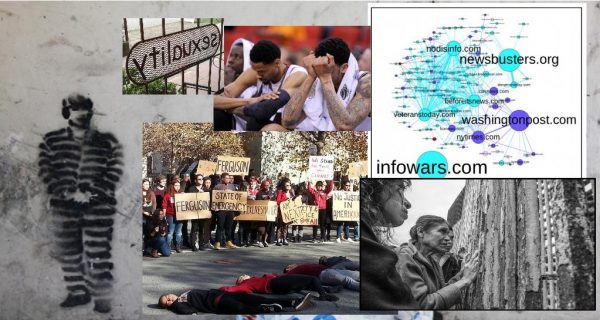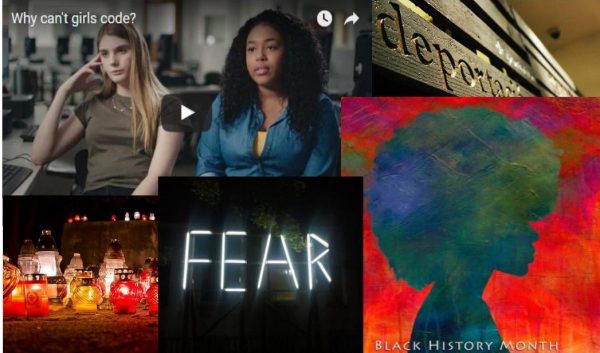
Hello and happy Friday all. This week we’ve got some great new pieces on the geography of punishment, the perennial disappointments of professional sports fans, and five viewpoints on whitewashing the working class.
There’s Research on That!:
“How Geography Structures Punishment,” by Veronica Horowitz. Reflecting on the new public tool “Measures for Justice,” we look at the importance of geography in structuring disadvantage and procedural justice.
Discoveries:
“Coping Strategies Among Undocumented Young Adults,” by Amber Joy Powell. New research in Social Problems finds that networking with peers of similar legal statuses may help empower young undocumented adults to develop positive coping strategies.
Clippings:
“Everyday Racism in Canada,” by Neeraj Rajasekar. The Miami Herald talks to Cheryl Teelucksingh about the resurgence of everyday racism in Canada.
From Our Partners:
Contexts:
“Viewpoints: Whitewashing the Working Class”
- Culture Trumps Class by Robert B. Horwitz
- Hate the Game by Victor Tan Chen
- White Lives Matter? by Matthew W. Hughey
- Anti-Institutionalism and Political Rebellion by Jason Eastman
- The Grievances of the White Working Class by Katherine J. Cramer
“Photographs of the Mind,” by Mark Andres.
“Success and Failure in Framing Social Movements,” by Danielle Koonce.
“How Grown Siblings Divide Care Work,” by Carrie Clarady.
“Long-term Job Insecurity is Depressing,” by Rose Malinowski Weingartner.
“Marriage and the Genetic Risk of Depression,” by Justin Maietta.
Council on Contemporary Families:
“Revisit: Yo! Is this the author of This Chair Rocks?,” by Molly McNulty.
And a Few from the Community Pages:
- The Center for Holocaust and Genocide Studies rethinks Holocaust art and contemporary responses.
- Engaging Sports argues professional sports fans will always be disappointed.
- Sociological Images asks if it’s ethical to give your child ‘every advantage’.
- Cyborgology talks non-consensual pornography and bodily integrity.









